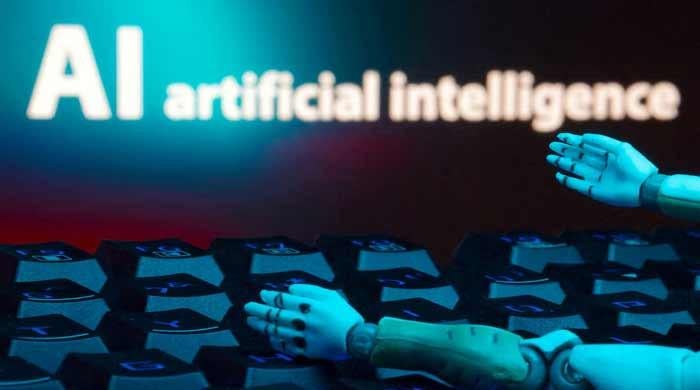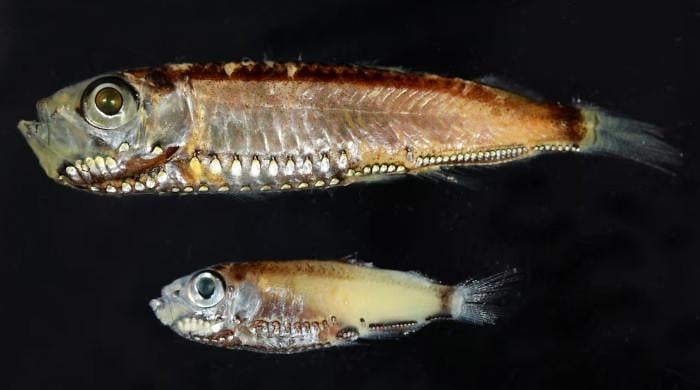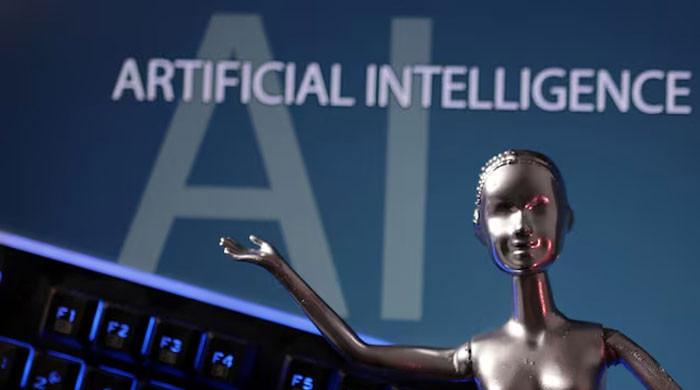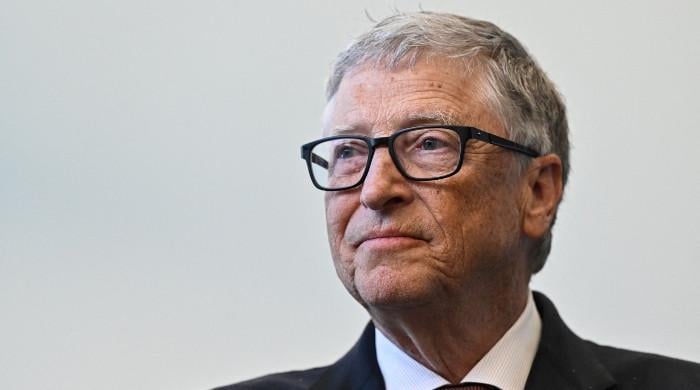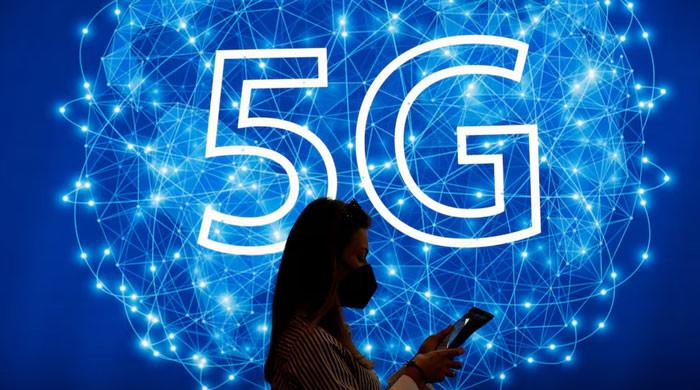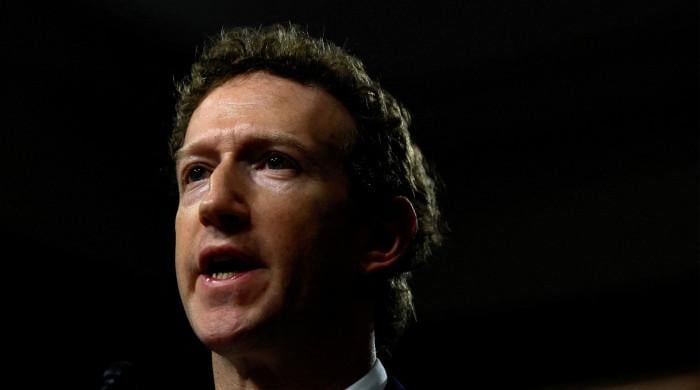Paedophiles using AI to turn famous celebrities into juveniles for perverted reasons
IWF also highlights the alarming use of AI to create hundreds of synthetic images of real child abuse victims
October 25, 2023
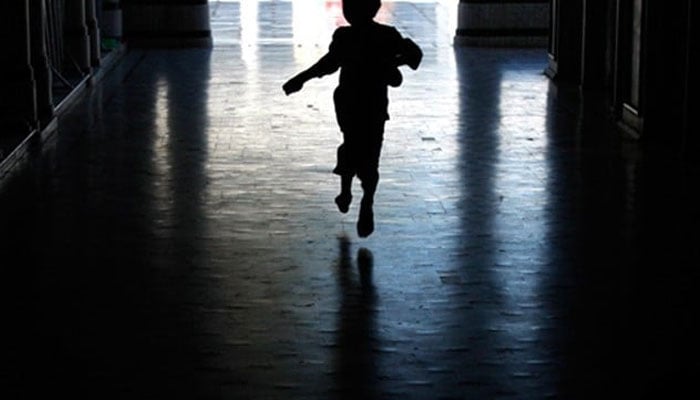
Paedophiles are exploiting artificial intelligence (AI) to generate disturbing images of celebrities depicted as children, according to the Internet Watch Foundation (IWF).
The charity's latest report reveals a growing issue where celebrities, including well-known female singers and film stars, are digitally de-aged to appear as children, and these images are being shared by predators.
The IWF also highlights the alarming use of AI to create hundreds of synthetic images of real child abuse victims and the distribution of these manipulated visuals on the dark web.
The rise of AI systems capable of creating images based on text instructions has raised concerns among experts. Home Secretary Suella Braverman and US Homeland Security Secretary Alejandro Mayorkas recently issued a joint statement addressing the concerning trend of paedophiles using AI to produce explicit images of children.
The IWF's report reveals that researchers monitored a darknet child abuse website for a month and identified nearly 3,000 synthetic images that would be illegal under UK law.
A new pattern emerged, with predators taking a single photograph of a known child abuse victim and generating multiple explicit images using AI technology. For example, the researchers found a folder containing 501 images of a real-world child abuse victim, originally aged 9-10, alongside a fine-tuned AI model file for others to create more images of her.
Some of the AI-generated images, including those of celebrities as children, are highly realistic and could be indistinguishable to untrained observers.
These images are being used to normalize predatory behavior and waste valuable law enforcement resources, as they often prompt investigations into nonexistent children. The report emphasizes the concerning reality that AI imagery is facilitating harmful behavior.
The IWF shared its research to raise awareness of this issue ahead of the UK government's AI Summit. During their investigation, the IWF analyzed 11,108 AI-generated images shared on a dark web child abuse forum, of which 2,978 were confirmed as illegal under UK law, depicting child sexual abuse.
Disturbingly, over 1,900 of these images portrayed primary school-aged children (seven to 10 years old), further underscoring the gravity of the problem.
The IWF's findings have turned the initial fears regarding the misuse of AI for creating explicit images of children into a reality. Susie Hargreaves, the chief executive of the IWF, expressed deep concern, emphasizing the urgent need to address this issue.
The report underscores the real-world consequences of AI-generated images, which not only fuel predatory behavior but also create challenges for law enforcement agencies. New forms of offenses are emerging, such as the manipulation of innocent images to create Category A offenses, leading to an increase in the complexity of the problem.
The IWF's findings highlight the critical need for stronger measures and international cooperation to combat the use of AI in child exploitation and abuse.






